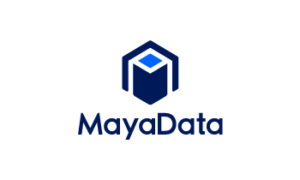November 18, 2019 – KubeCon, San Diego – StorageOS, a leading provider of cloud-native, software-defined, persistent storage for containers, today announced the release of version 1.5. The latest version includes new features that significantly improve performance for applications under certain workloads. StorageOS is built for developers so they can run any stateful application on any infrastructure.
StorageOS v1.5 now includes:
- StorageOS Data Locality influences the Kubernetes scheduler to put applications next to the volume. It includes a mutating admission controller that provides Kubernetes users an integrated solution for data locality. Users benefit from the ability to co-locate applications with the volumes they consume, avoiding network roundtrips for performance sensitive workloads.
- StorageOS Shared File allows a filesystem to be shared by multiple containers. Referred to by Kubernetes as ReadWriteMany (RWX), this is useful for horizontally scaling certain classes of application, and other workloads which require coordination via a shared filesystem.
- Read performance enhancements for substantially faster application performance.
“In traditional environments, solving state was done at the infrastructure layer,” said Alex Chircop, CTO of StorageOS. “Modern cloud native environments still need state. The onus is now on the developer to select storage that is application aware and enhances application performance. StorageOS v1.5 is built for developers to deliver the storage for their applications without needing to define topology or understand complex storage infrastructure.”
StorageOS v1.5 is available now. Users can try it for free up to 500GB of storage. KubeCon San Diego attendees can meet with StorageOS at booth S52 to see a demo and meet the team. Learn more at storageos.com.
Resources
About StorageOS
StorageOS is a cloud native, software-defined storage solution to deliver persistent storage for containers. StorageOS is built from the ground-up with no legacy restrictions to give developers working with cloud native workloads total control of storage with no compromise on performance, availability or security. For additional information, visit www.storageos.com.
![]()



